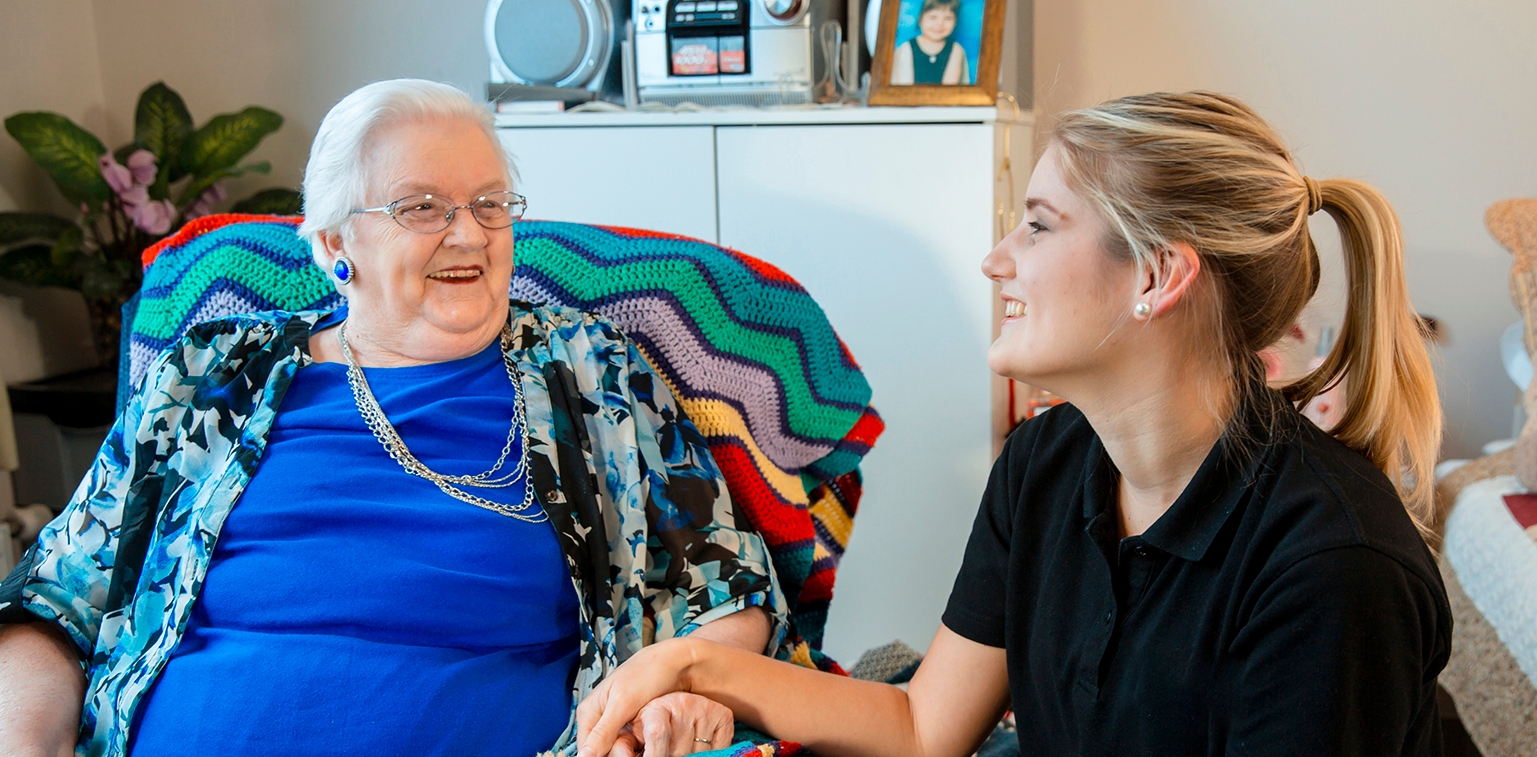Are you looking for an active and diverse job, have a genuine interest in people and interested in health and science? If so, a career in physiotherapy might well suit you.
A physiotherapist is a health professional who assesses and treats clients and patients who are suffering physical problems caused by either disease, injury, illness or ageing. Physiotherapists diagnose and treat disorders and conditions affecting movement in order to maximise a patient’s mobility and physical independence. With a range of various non-surgical procedures, they aim to lessen pain, improve movement and flexibility and restore functionality as much as possible to improve the client’s quality of life.
Physiotherapists may treat a broad range of disorders affecting the musculoskeletal, respiratory, circulatory and nervous system. In addition to this, physiotherapists may also educate clients on the best way to perform physical activities in order to reduce the chances of sustaining an injury.
Study Options
If you are looking how to become a physiotherapist, you are in luck as there are several paths to choose from. If you are looking to work in a support role such as a physiotherapy assistant, then you should consider studying the Certificate III in Allied Health Assistance (HLT43015).
An Allied Health Assistant has an extremely hands-on role, assisting Allied Health professionals such as Physiotherapist, Occupational Therapist and Community Rehabilitation Therapist) with the health care plans of their clients.
A treatment plan is set out by the Allied Health professional to support the diagnosis of the client and patient. The primary role of the Allied Health Assistant is to follow up the treatment plan with the client to assist in their recovery and to support the client with their health care to increase their mobility, independence and their ability to care for themselves.
The Allied Health Assistant will work to provide a high quality of patient therapy and support in order to improve the client’s overall well-being. An Allied Health Assistant can also help minimise the risk of complications in chronic conditions or following illness or injury.
Skill Requirements
A physiotherapist is required to have:
- A high level of physical fitness
- Excellent communication skills
- Patience
- To be supportive and firm with patients
- Exceptional problem solving skills
Duties and Tasks
- Assess the level of mobility, strength and endurance of the client, and determine its impact on work or play activities.
- Diagnose the physical conditions of patients
- Be positive, empathetic and the ability to motivate and encourage.
- Establish treatment plans with the goal of restoring strength, mobility, function and reducing pain.
- Provide injury prevention and health problem prevention advice to clients and patients.
- Routinely measure a patient’s progress and make any necessary adjustments to their treatment.
- May consult with physicians and other health care professionals regarding a patient’s condition.
- Advise patients on how to manage their health conditions independently.



